Suspicions involve product sales between the group’s physical and digital divisions, expenses recorded outside actual periods
10/03/2024
/i.s3.glbimg.com/v1/AUTH_63b422c2caee4269b8b34177e8876b93/internal_photos/bs/2024/I/5/GpZWeRTXu8YwdFBj32fg/foto03emp-101-americanas-b4.jpg)
The independent committee hired by Americanas to investigate the retailer’s financial discrepancies has discovered additional areas of concern within the company’s accounting practices. These suspicions include transactions between the physical and digital divisions of the group and expenses allegedly recorded outside the periods in which they occurred.
The primary issues remain the improper accounting of reverse factoring operations (a form of supplier financing) and the misuse of cooperative advertising funds (VPC), including falsified contracts. However, the committee indicates that other areas require further investigation.
During the investigation, “potential inconsistencies” were noted in transactions between Lojas Americanas and B2W, the group’s digital arm before their merger. The committee also found evidence of expense deferrals and pursuing “unsubstantiated services” to artificially enhance the company’s results.
The independent committee presented its findings—in a report reviewed by Valor—to the retailer’s board of directors in mid-July. Americanas’s accounting inconsistencies, initially unveiled in January 2023, amount to over R$25 billion.
The committee found documents indicating communication among B2W employees referencing “risks” associated with related-party transactions, such as cash outflows from Lojas Americanas and inflows to B2W. Investigators recommend examining potential fictitious merchandise transfers and sales between the companies.
Financial statements and reference forms from Lojas Americanas and B2W reveal numerous joint transactions, including shared expenses for the same headquarters, sales between the companies, and private issuances from B2W subscribed by Lojas Americanas.
The committee’s data collection also uncovered notes from an executive regarding potentially deferred expenses (recorded after they occurred) and the pursuit of “unsubstantiated services” to enhance results at Lojas Americanas and Americanas (formed in 2021 through the merger of the group’s digital and physical branches). The report does not specify the time frame or individuals involved.
Additional “levers” to improve results were identified, without assurance of the absence of irregularities in the corresponding adjustments. Possible risks in B2W’s operations include cashback programs (partial purchase refunds as discounts to customers), taxes, expense reversals, reclassifications between costs and expenses, and freight provision accounts.
Another area of concern involves the “MP do Bem”—a presidential decree enacted into law in 2005, which regulated tax incentives for IT products. Details on this issue were not provided.
Similar aspects are highlighted in Lojas Americanas’s business (deferred expenses, depreciation, reclassifications, taxes, and freight). Further investigation is again recommended.
The report suggests possible reclassifications of values between balance sheet lines and the results of Lojas Americanas and B2W, such as in inventory balances and deposits in court for liability accounts.
The committee identified communications among employees discussing potential adjustments in provisions for inventory obsolescence and stock for Americanas.
In reverse factoring operations, analyzed materials suggest that the company reimbursed suppliers for the discount rate charged by banks on the factoring of receivables.
The reimbursements reached “predominant” levels, both in value and volume, according to the report, and were not fully recorded as financial expenses in the financial statements. The investigation found R$3.4 billion in unrecorded financial expenses related to reimbursements up to September 30, 2022.
The reverse factoring agreements mostly involved overdue product purchase invoices, which theoretically would not qualify for advances. The investigations do not indicate supplier involvement in this scheme, nor that they were aware of it.
Two suppliers still working with Americanas claim that overdue invoice reverse factoring was primarily a B2W practice. “They delayed payments and everyone knew selling to them meant waiting a long time to get paid. To compensate, they bought in large volumes and also reimbursed part or all of the reverse factoring discount rate,” says the general counsel of a manufacturer selling to the website.
According to her, invoice payments were blocked, suppliers pressured, and payment was released through reverse factoring with a discount rate refund. “You want to get paid, so you accept the terms, but it was suspicious. The market questioned why they carried this financial expense. Today we know the expense wasn’t fully recorded.”
A second supplier states that B2W delayed invoices but purchased 10% to 15% more than other retailers on average.
The documents reveal an internal classification of these transactions as “good” or “bad” for monitoring by the former executives, currently under investigation, considering their financial outcome.
A “good” transaction had a “positive spread,” resulting in financial income or extended payment terms without recording reimbursement financial expenses. A “bad” operation with a “negative spread” led to expense payment.
When contacted, Americanas stated that “all recommendations made by the independent committee have already been thoroughly investigated, analyzed, and reflected in the presented financial statements.”
“The company emphasizes that the committee’s findings confirm, through independent means, what has been disclosed in the criminal investigation so far. It reaffirms its primary interest in clarifying the facts and pursuing legal accountability for all involved,” the company said.
By Adriana Mattos, Talita Moreira, Nelson Niero — São Paulo
Source: Valor International

/i.s3.glbimg.com/v1/AUTH_63b422c2caee4269b8b34177e8876b93/internal_photos/bs/2024/n/M/7CR741Qy6PuitEXfIvFQ/n66-bet-8692765-1920.jpeg)
/i.s3.glbimg.com/v1/AUTH_63b422c2caee4269b8b34177e8876b93/internal_photos/bs/2024/p/j/tLtDjtRJaIaVBRxXRo0g/foto02fin-201-exrico-c6.jpg)
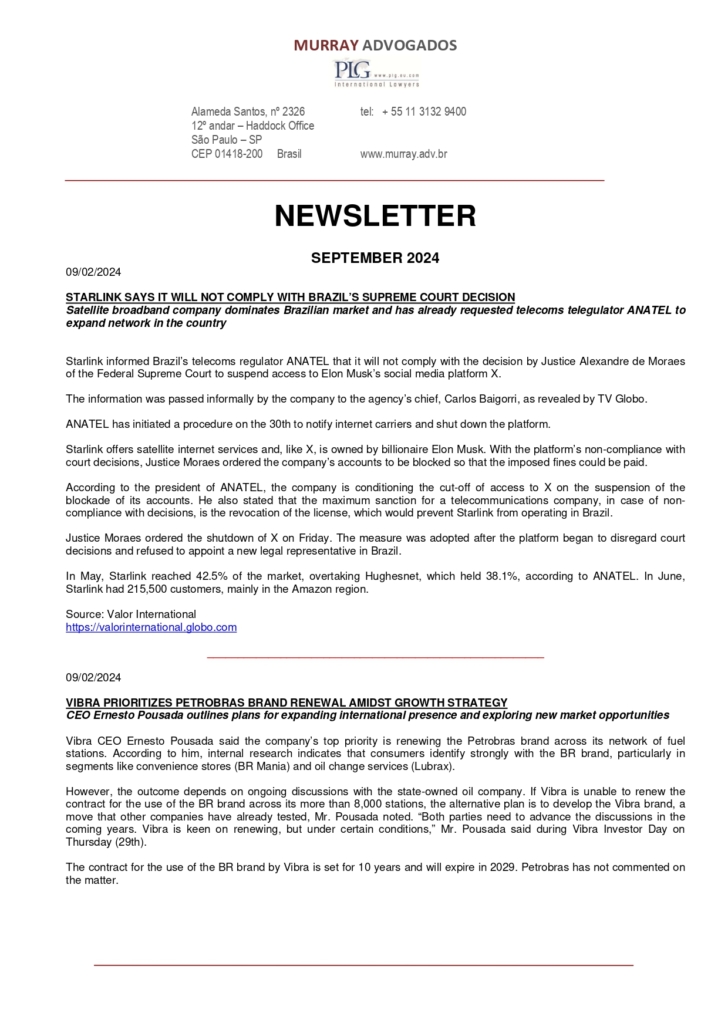
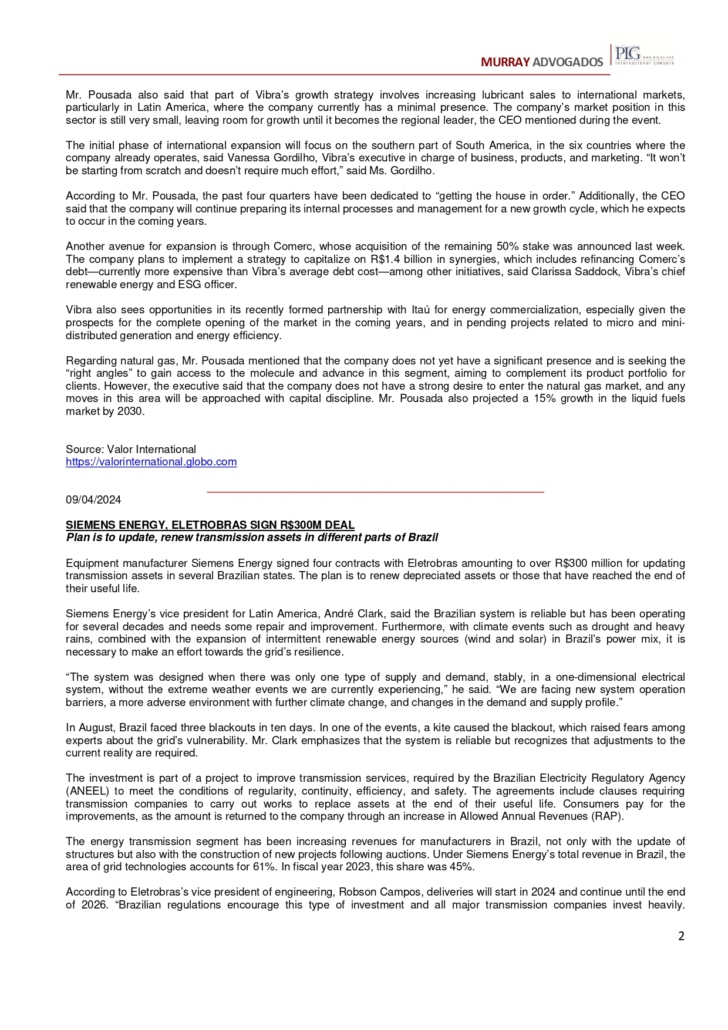
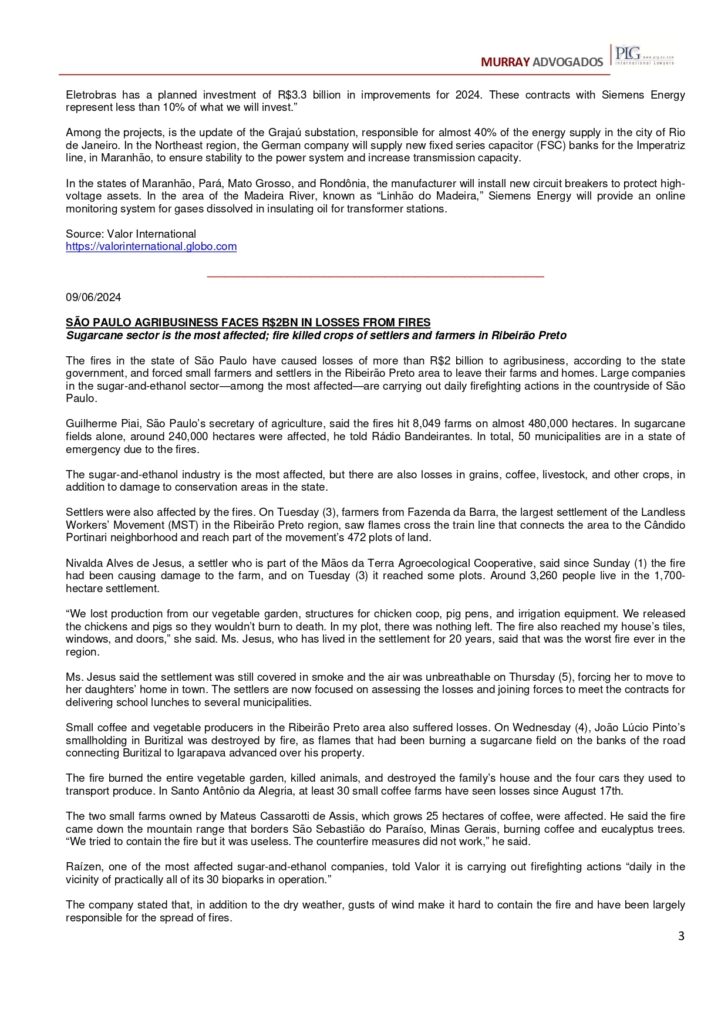
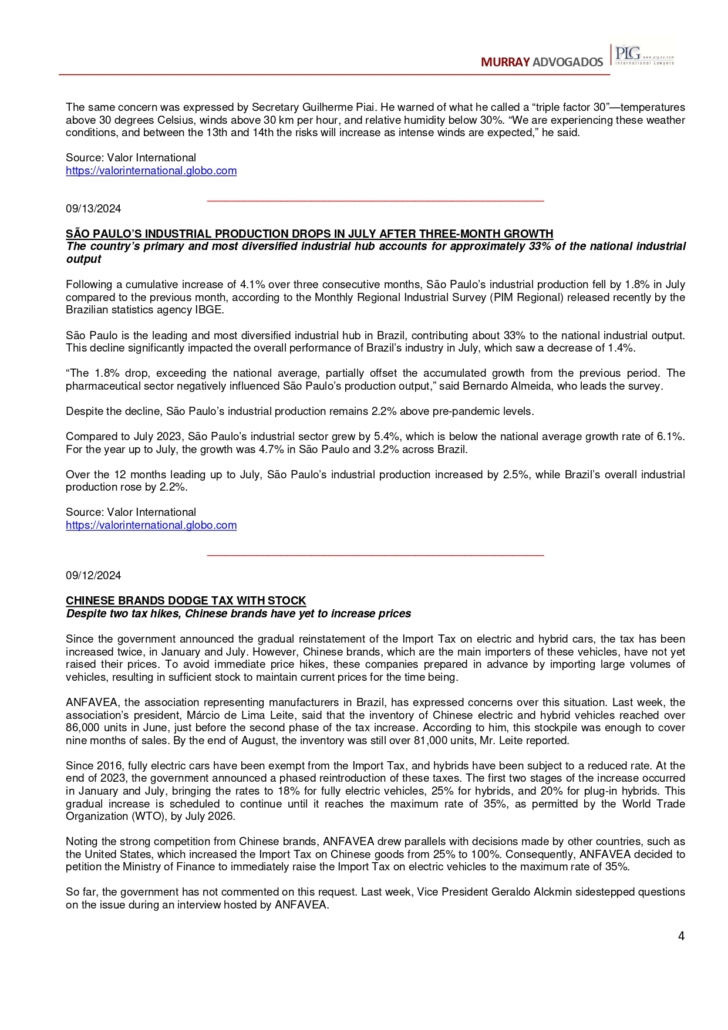
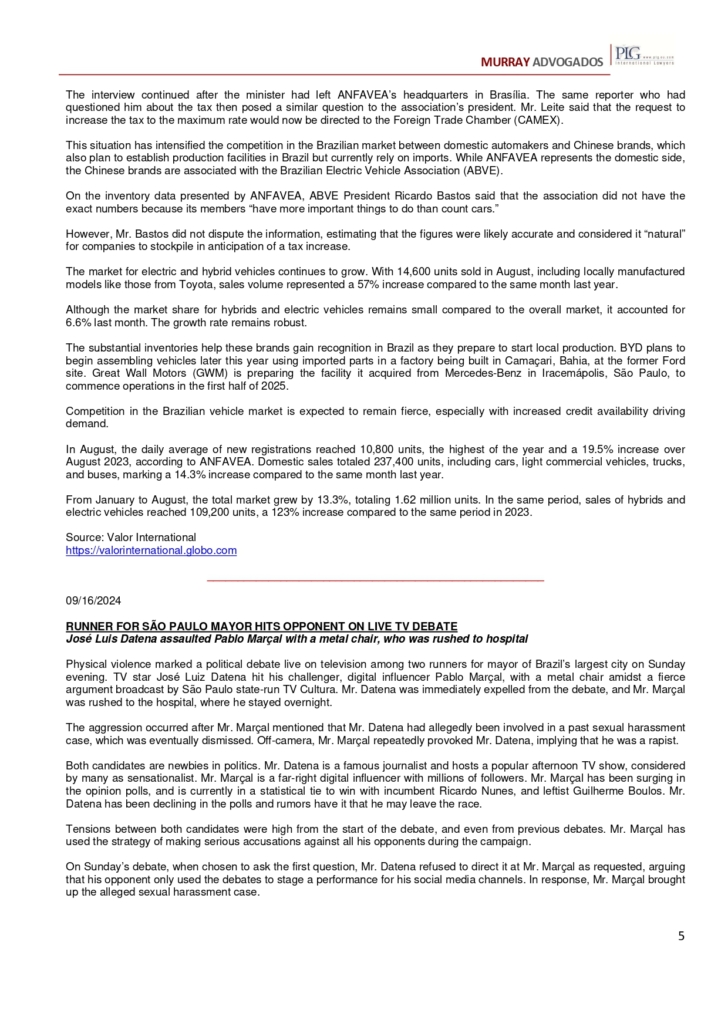
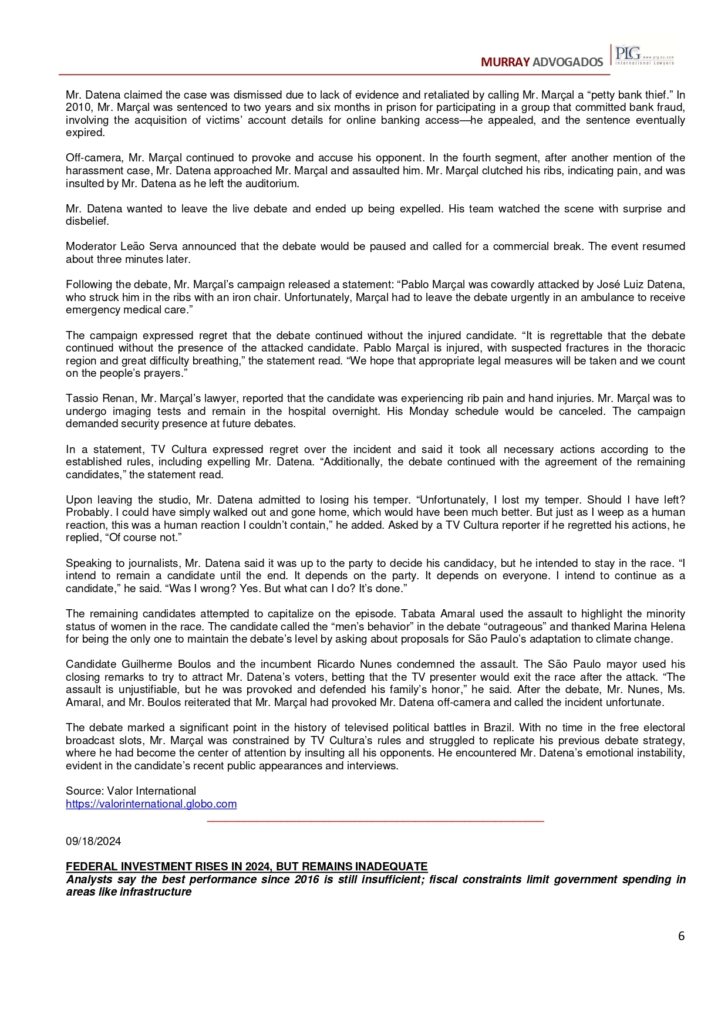
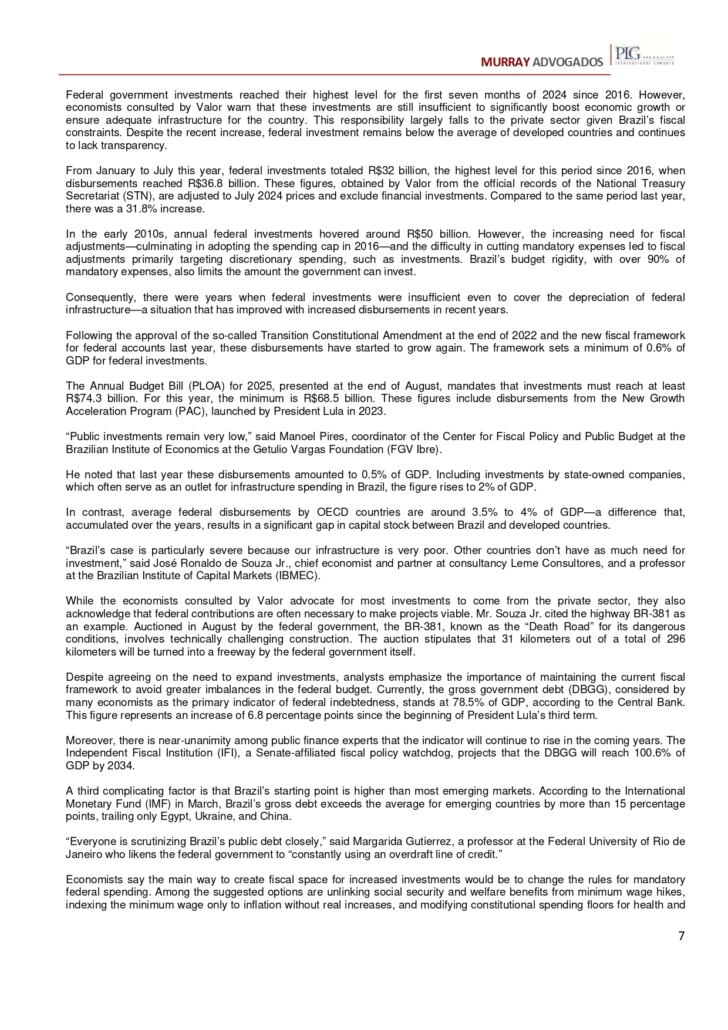
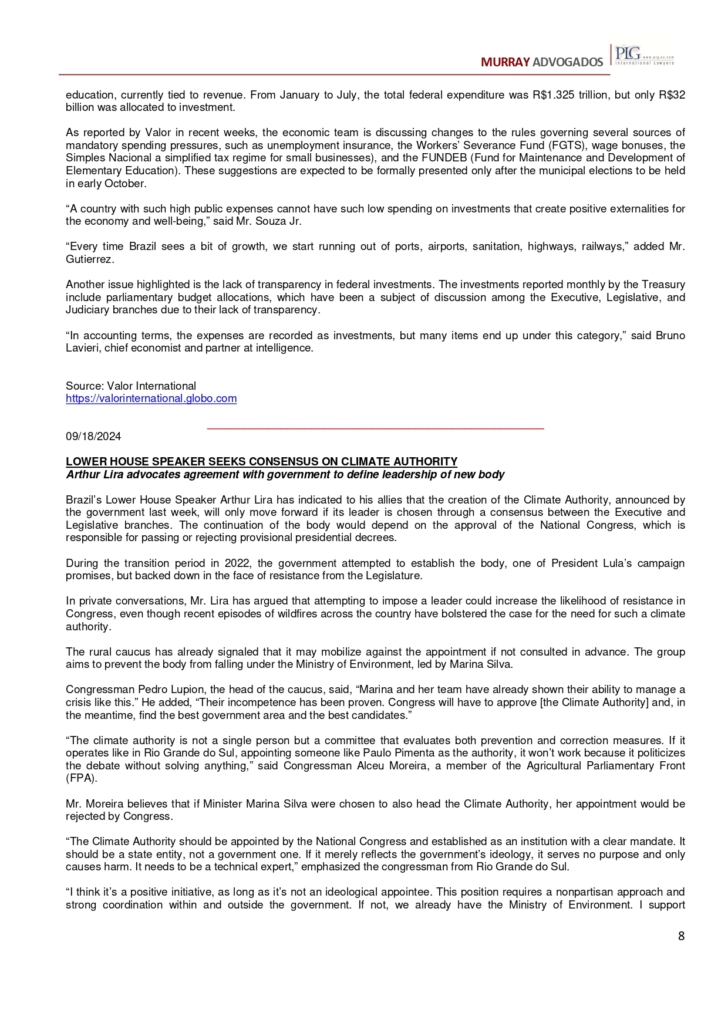
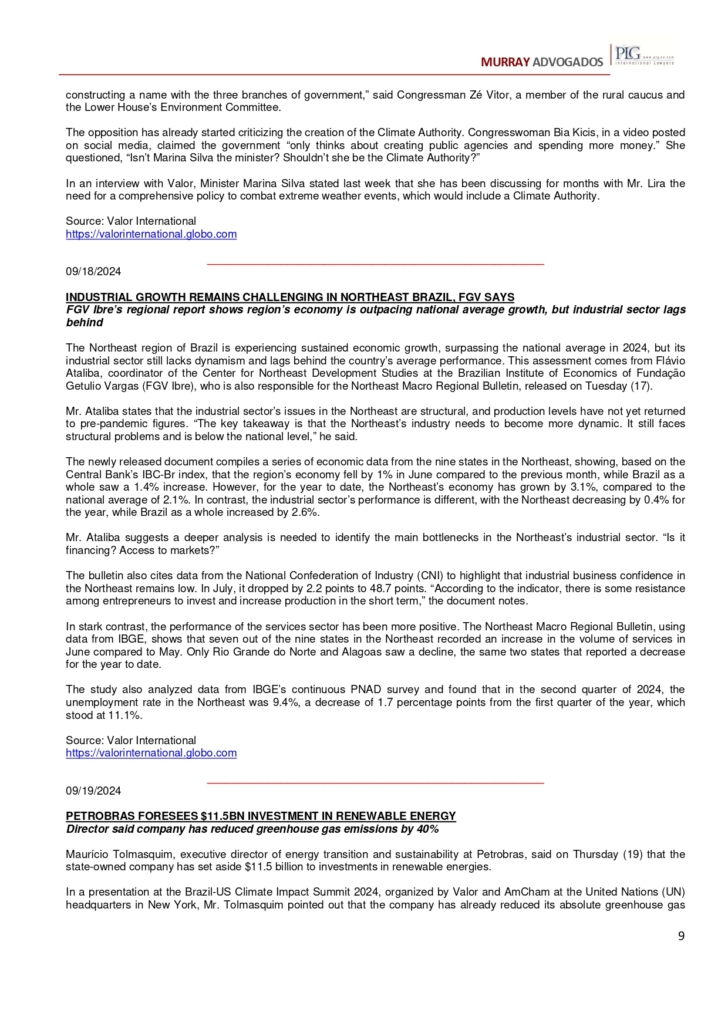
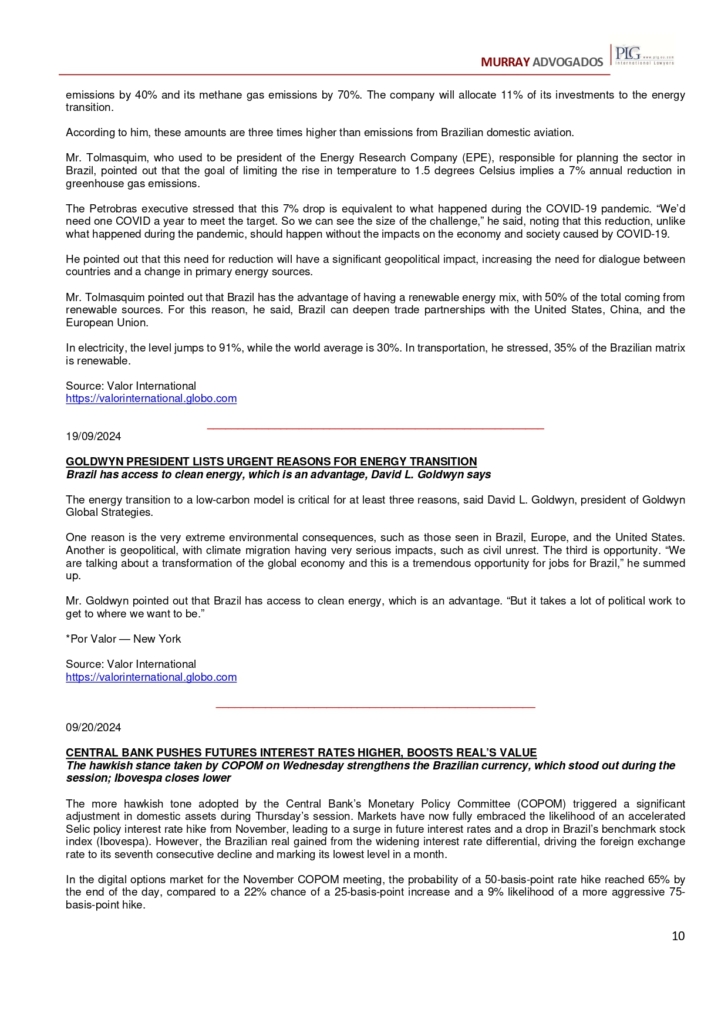
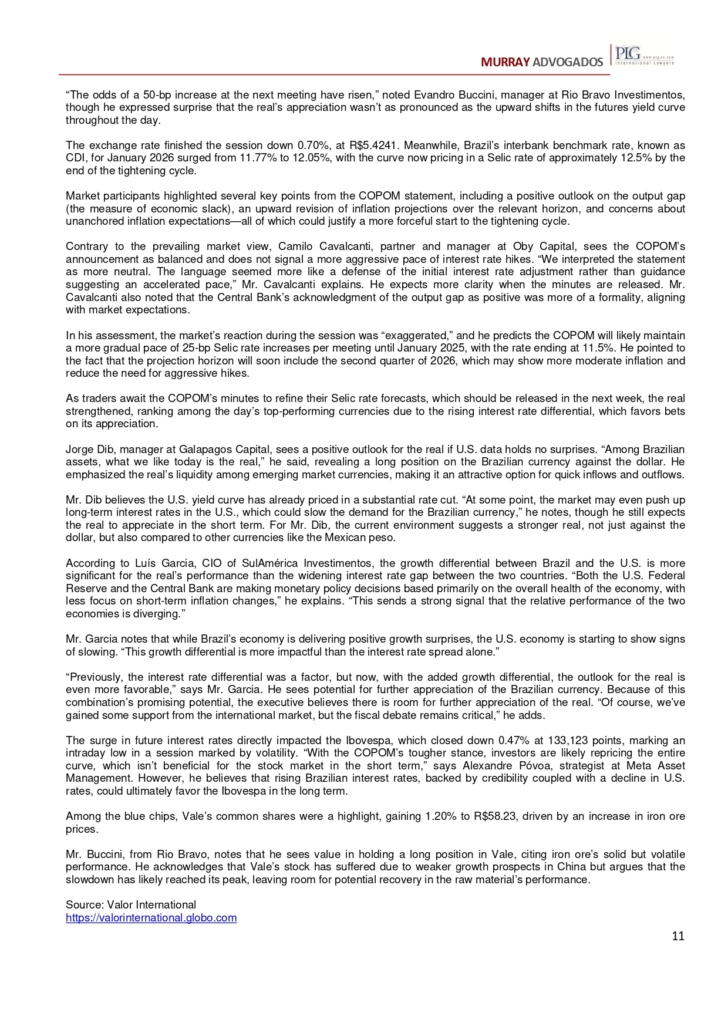
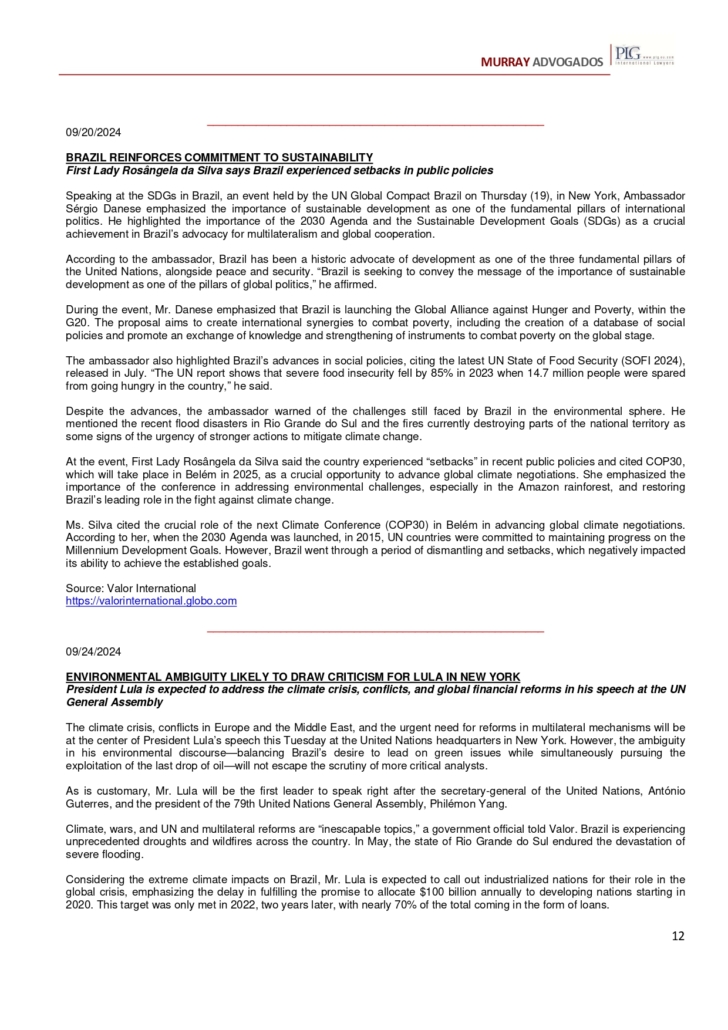
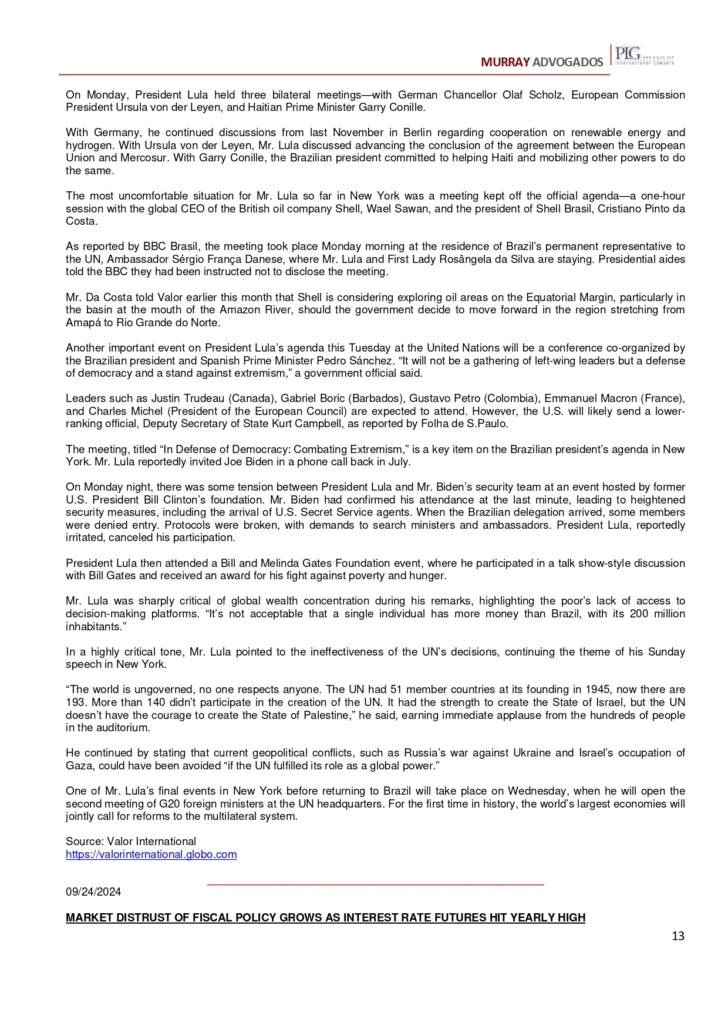
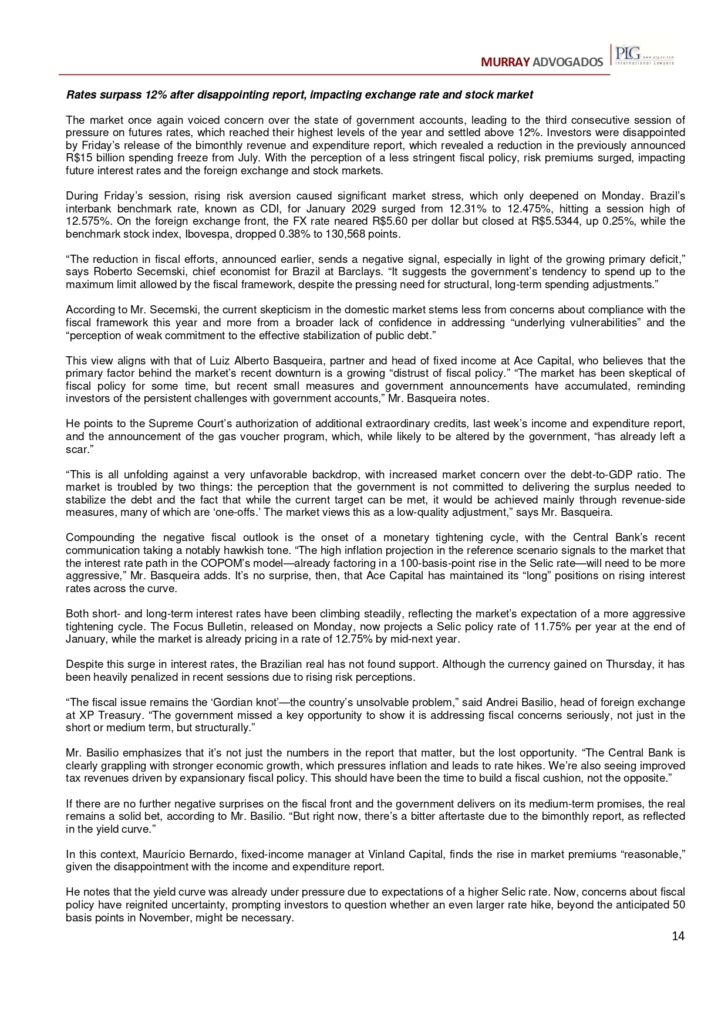
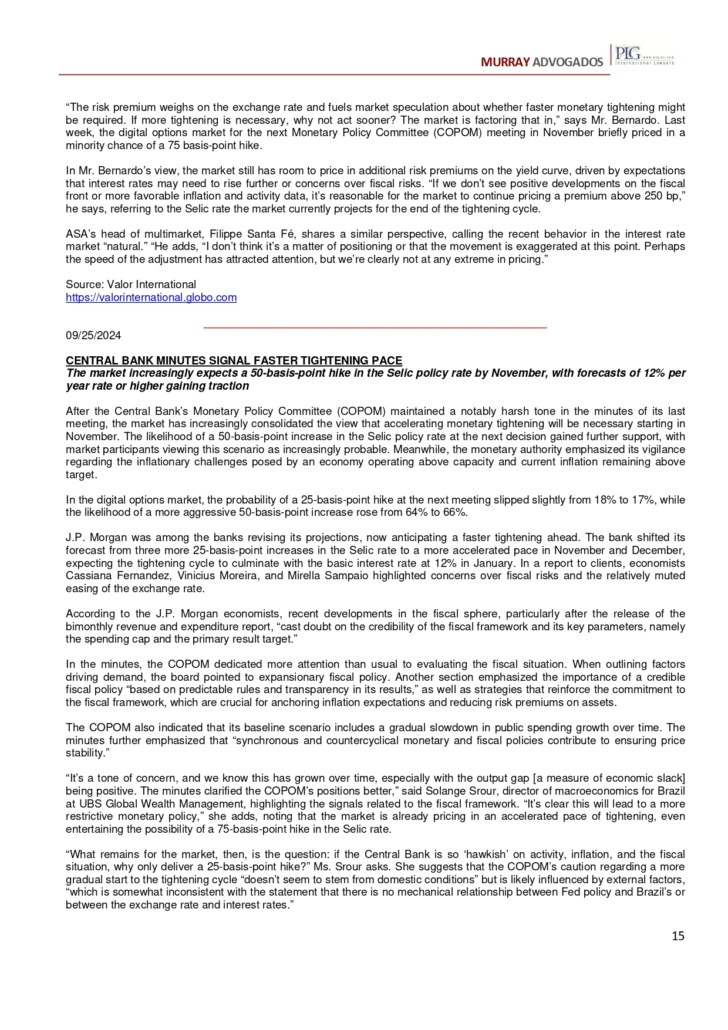
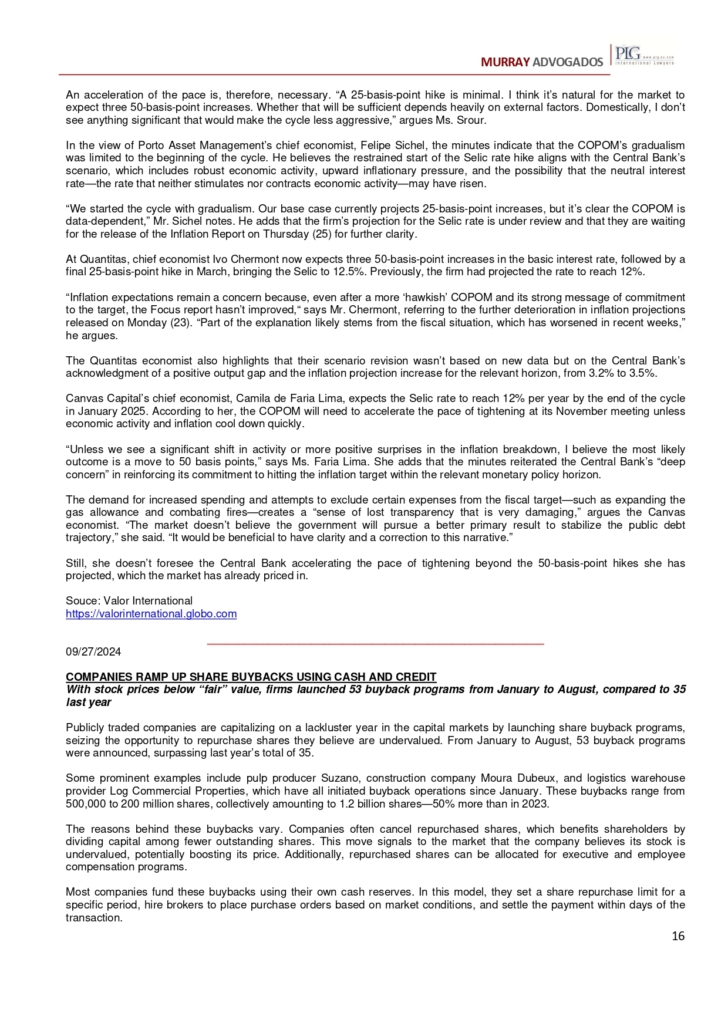
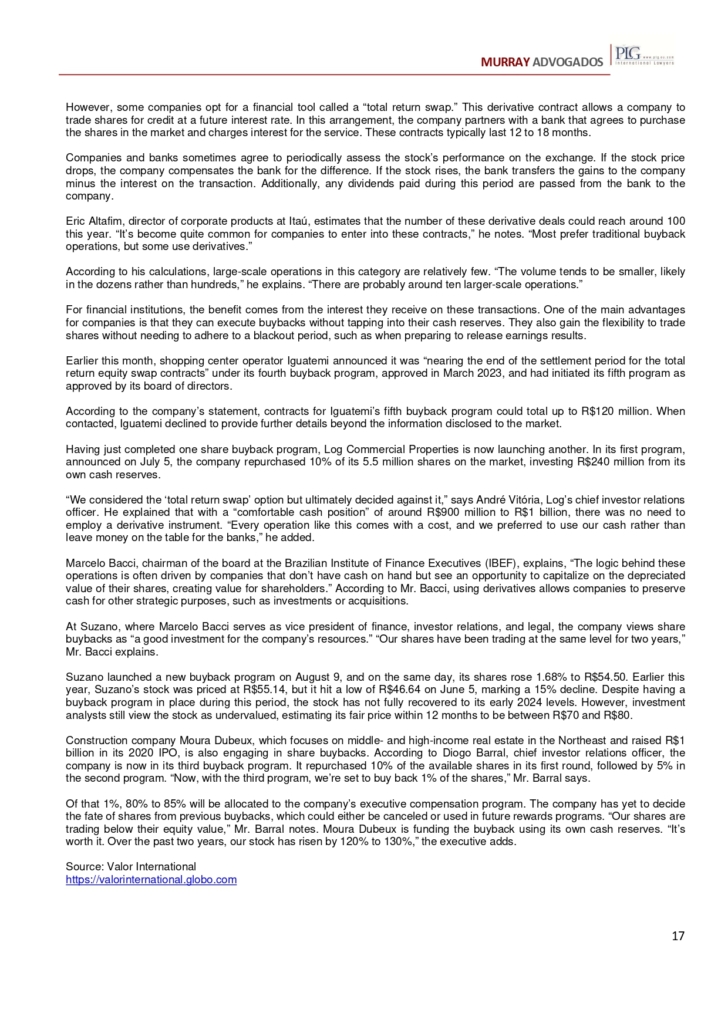
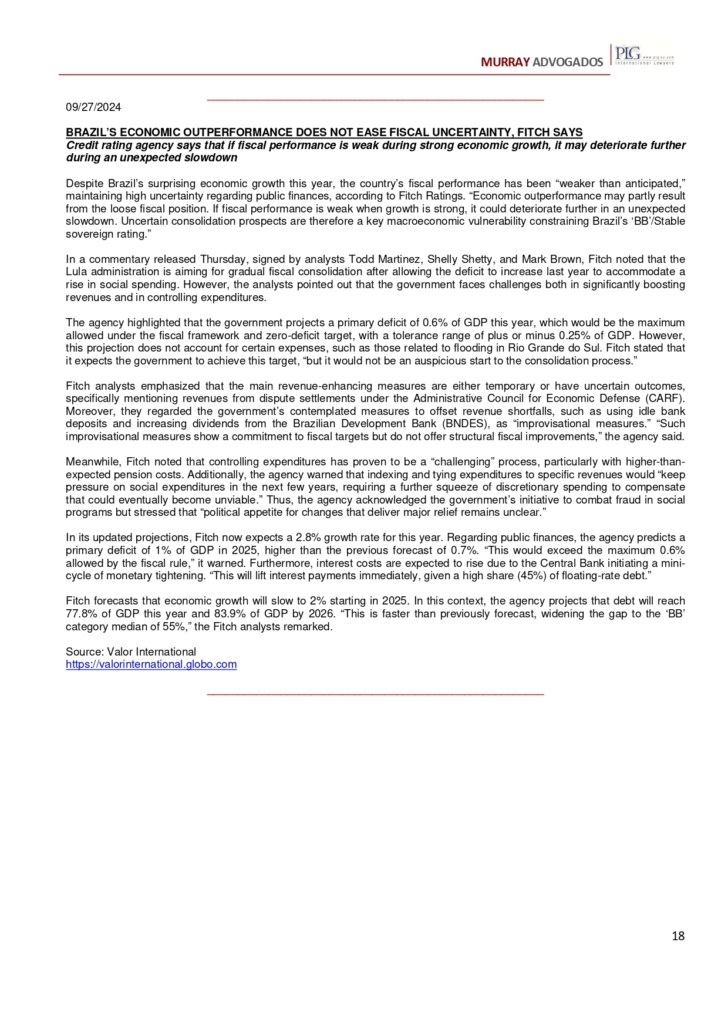
/i.s3.glbimg.com/v1/AUTH_63b422c2caee4269b8b34177e8876b93/internal_photos/bs/2024/j/a/PWVGBOSTSae4HTAPqrbQ/foto01fin-101-balanco-c6.jpg)
/i.s3.glbimg.com/v1/AUTH_37554604729d4b2f9f3eb9ad8a691345/internal_photos/bs/2022/E/U/FIkesCTXCEbGgCQR8paw/310322-20ibiuna-20024.jpg)